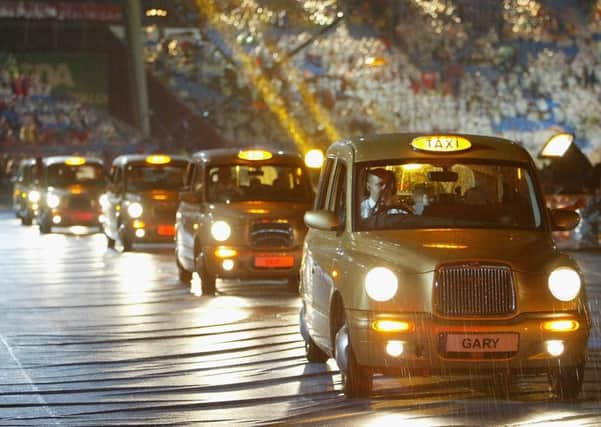Prepare your Commonwealth plan before the Games


With just over a month to go until the Commonwealth Games come to Glasgow, athletes from across the world are making final preparations and spectators are sorting travel arrangements. There are seven things your business can do to get equally prepared for Glasgow 2014.Minimise the impact of travel disruption If you’re based in Glasgow, plan now for possible travel disruption. Be flexible if you can and communicate consistently with employees. Consider allowing them to work from an office that is easier to get to or from their own home (providing you have sufficient IT systems and have completed any necessary health and safety checks).
Temporarily varying start or finish times to accommodate transport changes could also help. Business meetings during the working day may be affected too, so try using video or telephone conferencing. By planning any changes in advance, you can minimise the impact of travel disruptions on your business.Manage competing holiday requests Businesses may receive last-minute holiday requests from employees who secure tickets to the Games or just want to watch certain events live on TV. Start by identifying how much annual leave you can cope with. The Games fall within the school holidays so it may be difficult to accommodate further requests (especially if you have already approved time off for any employees to act as official Glasgow 2014 volunteers).
Advertisement
Hide AdAdvertisement
Hide AdManage expectations on the availability of leave early to reduce the risk of employees buying expensive tickets and then being unable to get the time off work. To handle competing requests fairly, you could ask employees to submit new requests by a certain date, and then decide on them all after that point.Be prepared for employees calling in sick Remind employees of absence policies, including the possibility that disciplinary action can be taken if an employee dishonestly calls in sick. Back-to-work interviews provide invaluable evidence about the reason for an absence and the requirement to explain an absence in person can dissuade staff from “pulling a sickie”.
It is important that absences are handled consistently so make sure managers know what approach to take.Watch events at work Employees may want to follow events live online. To boost morale, employers could agree that a reasonable amount of time can be spent watching events on computers (provided that your IT system can handle the increased traffic). Alternatively, you could arrange to show the Games in a communal area. Take care not to set a precedent that cannot be maintained. Whatever the policy, ensure that employees know in advance what the rules are and that work still needs to be prioritised.Reduce the risk of discrimination and unfair treatment The competitive element of the Games increases the risk of “nationalistic banter” as people support athletes from around the Commonwealth. Remind employees of what type of comments are (and more importantly, are not) appropriate in the workplace to prevent harassment.
Try to ensure that any policies that you have in place don’t inadvertently discriminate against a particular group. For example, have a consistent approach to showing events in the workplace, rather than focusing on those with Scottish competitors. Try not to prioritise Games-related holiday requests over those for other reasons (or vice versa). Finally, while lots of people will be interested in following the Games, remember that not everyone will. Make sure that those who are not sports fans don’t feel like their colleagues are receiving special treatment at their expense.Don’t fall foul of advertising regulations Many businesses will want to benefit from Glasgow being full of willing consumers during the Games, but the Glasgow Commonwealth Games (Trading and Advertising) (Scotland) Regulations 2013 restrict trading in open public places and advertising activity in defined event zones, during specified prohibited times, unless the business is exempt or has specific authorisation.
The aim is to protect key brands that have signed up with the Games and prevent ambush marketing (ie campaigning at events to promote the branding of a brand that rivals an official Games brand). Normal advertising boards and shop fronts are acceptable.Be brand aware Like the Olympics, there are rules about how names and branding associated with the Games can be used. Avoid making commercial use of any of the Games logos or associated branding without permission. Official Games logos and names (including “Glasgow 2014”, the Clyde mascot, Games tartan and the Games logo) are protected and commercial use of them (or any other marks or logos that are confusingly similar to or likely to be mistaken for them), is generally reserved for official sponsors and licensees.
• Neil Maclean is a partner and head of employment and Joanna Boag-Thomson is a partner and intellectual property specialist at Shepherd+Wedderburn www.shepwedd.co.uk
SEE ALSO: